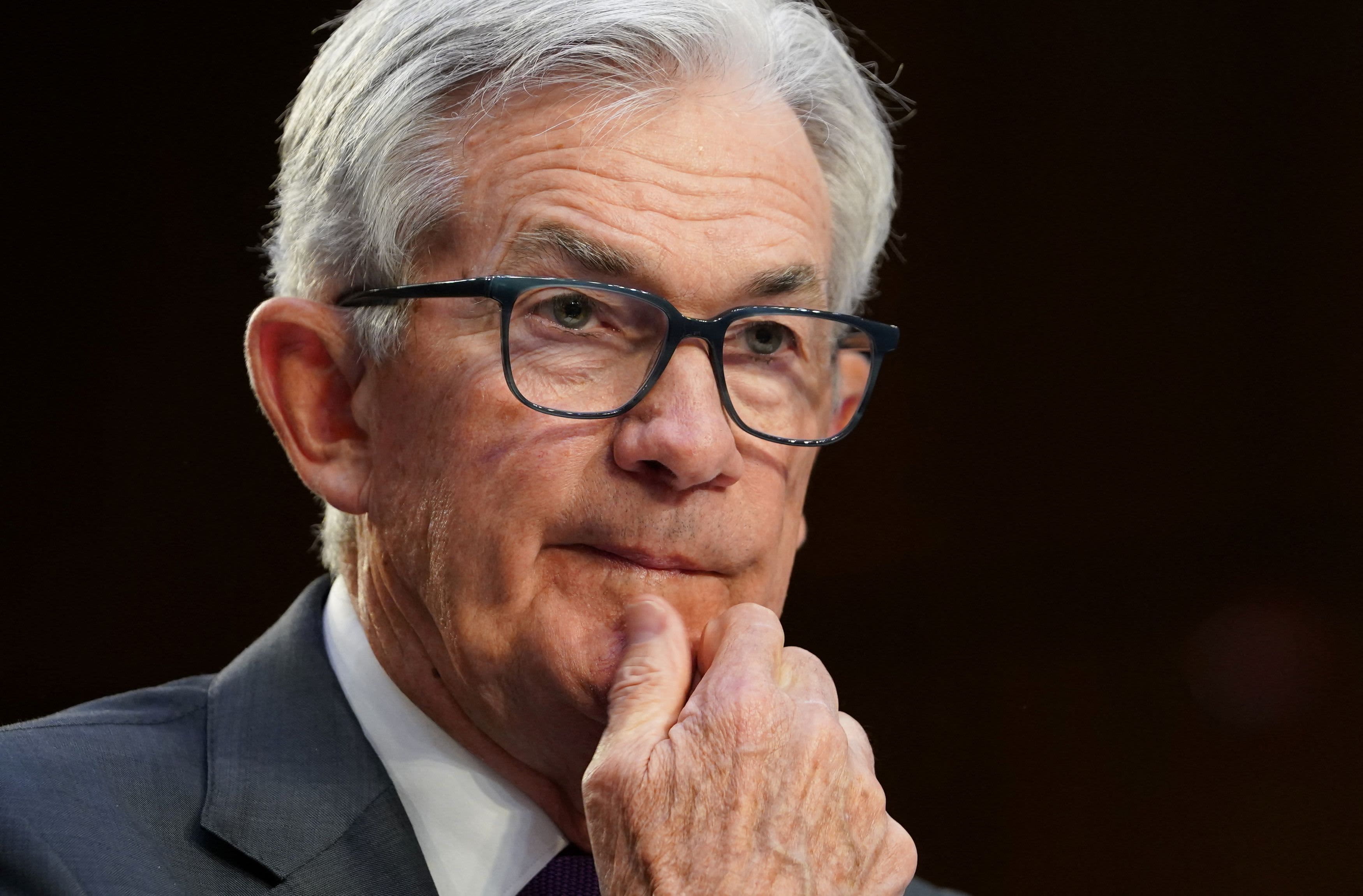
Costco’s third store in mainland China began trial operation on March 10, 2023, in Shanghai’s Pudong district.
China News Service | China News Service | Getty Images
BEIJING — China on Wednesday reported retail sales for the first two months of the year that only matched expectations, while real estate investment fell further.
Industrial production for the January-February period rose by 2.4%, less than the 2.6% expected by a Reuters poll.
Retail sales climbed by 3.5%, in-line with expectations. Most categories within retail sales rose, but big-ticket items of autos and home appliances saw sales decline. Online retail sales of physical goods rose by 5.3% for the first two months of the year from a year ago.
Fixed asset investment rose by 5.5%, topping expectations for 4.4% growth.
But within that category, investment in real estate fell by 5.7% in January and February from a year ago. That follows a 10% drop in real estate investment for all of last year. Infrastructure and manufacturing investment rose at a slower pace in the first two months of the year than in 2022.
Unemployment in cities ticked up to 5.6% in February, 0.1 percentage points higher than in January, the statistics bureau said. The unemployment rate for young people ages 16 to 24 remained persistently high at 18.1%, the data showed.
The data releases combine January and February figures — as is the Chinese statistics bureau’s custom — to avoid distortions from the Lunar New Year. The holiday, the biggest of the year in China, marks a travel period of more than a month and can fall in either month depending on the year.
The figures mark the first full months since China ended its stringent Covid controls in early December.
Preliminary data and anecdotes indicate tourism and dining out at restaurants have rebounded, but consumer spending overall remains tepid. Business surveys meanwhile point to a surge in manufacturing activity.
“The external environment is even more complex, inadequate demand remains prominent and the foundation for economic recovery is not solid yet,” China’s National Bureau of Statistics said in a release.
The bureau called for boosting market confidence and achieving “reasonable growth of quantity.”
Chinese authorities this month announced a growth target of around 5%, which new premier Li Qiang cautioned would not be easy for the country to achieve.
The data reflect “steady rather than accelerating momentum, which also indicates strong policy support is needed to unleash the growth potential,” said Zhou Hao at Guotai Junan.
This is breaking news. Please check back for updates.


